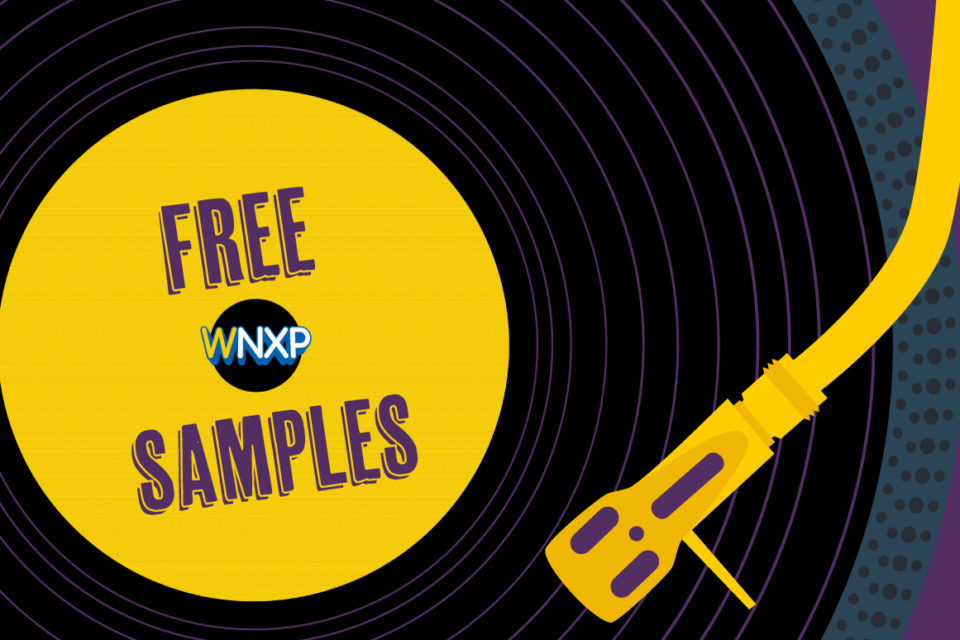WNXP is debuting a new weekly series called Free Samples. Sampling has always been a part of hip-hop creativity and culture; people borrow from the classics to create new work, and pay homage and situate themselves in stylistic lineages in the process. In that spirit, we’ve asked an array of Black music-makers, who’ve done a lot to define the sound of Nashville, to speak about the musical sources, influences and experiences, the predecessors, peers and collaborators that have enriched their work. Whether they’re talking about literal sampling or using that as a metaphor, they’re going to help us hear meaningful connections and give credit where it’s due.
The BlackSon, a writer, rapper, poet and producer who co-founded the Black City artist collective in Nashville, looked back on how participating in Southern Word as a teenager helped him find his artistic and activist path:
“I’m Sean Smith. When I perform, I’m The BlackSon. My first performance ever was [through] the organization called Southern Word. I was super young, 15years-old. It’s a youth organization that focuses on using spoken word as the vehicle to increase literacy in the community. My first poem was about Biggie, the feeling I had the first time I heard ‘Ready to Die.’ Moving forward, I kind of just started to put some of those poems over beats, and I started to challenge myself to get certain ideas into four bars or into a three-minute song. And so it just became this rap exercise; it would be challenging for a while, and then it wouldn’t, and I would have to come up with a new challenge. That became my relationship with art and creating.
“That’s kind of how I started to work on my stuff, is just incorporating all of my creative tentacles into expressing myself, into being a better public speaker. And so I kind of wrap all of that back around to Southern Word, and the first little breadcrumb I got to open mics. It helped me understand that even as an artist, I could desire to be professional. My passion shifted from wanting to be a kid and do the little sports stuff and stuff I was doing to really being passionate about social issues.
“‘Wiretaps’ was my actual first song. I probably didn’t even know the terminology ‘verse.’ Poems and hooks was ‘Wiretap.’ For the first time, I was like, ‘Okay, I’m a rapper now, quote unquote, and I’m going to put this all out to people.'”
Jerry Pentecost, a scene-straddling drummer and DJ who joined Old Crow Medicine Show a few years back, recalled finding out about foundational, Black Opry star DeFord Bailey, and co-writing a song that samples Bailey’s harmonica licks:
“What is up, y’all? This is Jerry Pentecost from Old Crow Medicine Show. When I was younger, I used to joke with my friends about how there were no Black people in country music. And every so often somebody would be like, ‘What about DeFord Bailey?’ And I’d be like, ‘Who?’ So then later on, when I played the Opry in my mid-twenties, I remember seeing a picture of him on the wall, and it inspired me to want to know a little bit more about this individual, this person that seemed like he was a legend in his own right, and a minority, a superstar. It just really, really inspired me to dig deeper. So as time passed, I did a little bit of research and then later I joined Old Crow and Ketch [Secor] had started working on a song for DeFord Bailey, and he asked me if I would help him write it. And so we came up with ‘DeFord Rides Again,’ which is the song that’s on the [new Old Crow] record [Paint This Town]. On the very end, you can hear the sample [of Bailey] from Ken Burns’ ‘Country Music’ [documentary]. Thanks and hope you enjoy it.”

